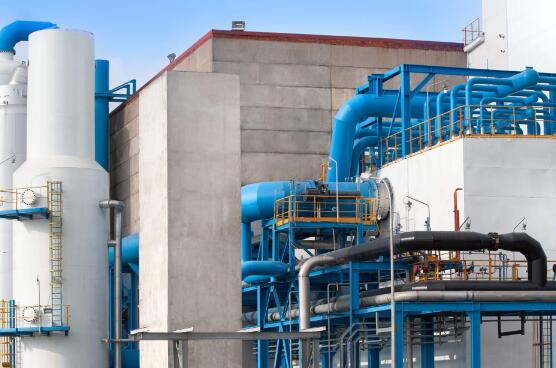Efficient waste management is crucial for reducing environmental impact and enhancing resource recovery. One innovative solution in this field is the ., which utilizes air flow and gravity to separate waste materials. This technology is particularly effective for handling mixed waste streams and contributes significantly to the overall efficiency of waste processing facilities. In this article, we will explore how air separation systems work and the benefits they offer to the waste management industry.

Air separation systems are designed to use the physical properties of different waste materials, such as their weight and shape, to achieve effective separation. The process begins with a waste stream conveyed to the separator via a conveyor belt. Inside the separator, heavy materials like glass bottles and dense plastics fall directly to the bottom due to gravity. This is followed by lighter materials such as plastic bottles, which also descend but at a slower rate.
Lightweight wastes like film and paper are blown away by the air flow generated by a powerful blower. These lighter materials are then collected at the end of the separator on a separate conveyor. The system's use of air and gravity enables it to efficiently segregate materials, preparing them for further processing or recycling.
Increased Sorting Efficiency
Air separation systems significantly increase the efficiency of sorting operations. Traditional methods, such as manual sorting, are labor-intensive and time-consuming. By automating the process of separating heavy and light materials, air separation systems reduce the need for manual labor and speed up the overall sorting process. This improved efficiency leads to higher throughput and reduced processing costs.
Enhanced Material Recovery
One of the primary goals of waste management is to maximize the recovery of valuable materials. Air separation systems excel in this area by effectively segregating recyclable items like glass, plastic, paper, and metal from non-recyclable waste. By doing so, they ensure that more materials are recovered and sent for recycling, reducing the volume of waste destined for landfills and supporting a circular economy.
Reduced Contamination of Recyclables
Contamination of recyclable materials is a common issue in waste management. When different types of waste are not properly separated, it becomes challenging to recycle them efficiently. Air separation systems help mitigate this problem by ensuring that materials are correctly classified and separated according to their physical properties. This results in a cleaner stream of recyclables, making them more suitable for reprocessing.
Lower Environmental Impact
By improving the efficiency of waste separation and increasing the recovery rate of recyclables, air separation systems contribute to a lower environmental impact. Less waste ends up in landfills, reducing greenhouse gas emissions and minimizing the need for virgin materials. Furthermore, the closed-loop air circulation system in these separators helps control dust and prevents air pollution, making the entire process more environmentally friendly.
While air separation systems offer numerous advantages, there are some challenges to consider. The initial investment and maintenance costs can be relatively high, especially for facilities that need to handle large volumes of waste. Additionally, the system's performance can be influenced by the composition of the waste stream. For example, moisture content or the presence of very fine particles might affect the efficiency of separation. It is crucial for waste management operators to carefully evaluate their needs and the characteristics of the waste they handle before choosing an air separation system.
Air separation systems have revolutionized the waste management industry by enhancing sorting efficiency, improving material recovery, and reducing environmental impact. These systems use the principles of gravity and air flow to effectively separate different types of waste, making them an invaluable tool for modern waste processing facilities. If you are looking for a reliable waste management solution or want to learn more about this technology, feel free to contact us. We are a trusted supplier of advanced waste separation systems designed to meet the diverse needs of the industry.